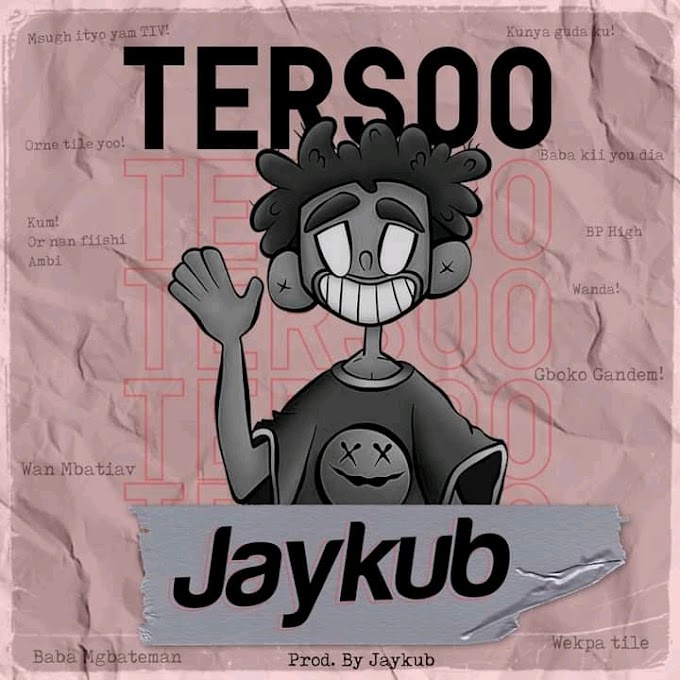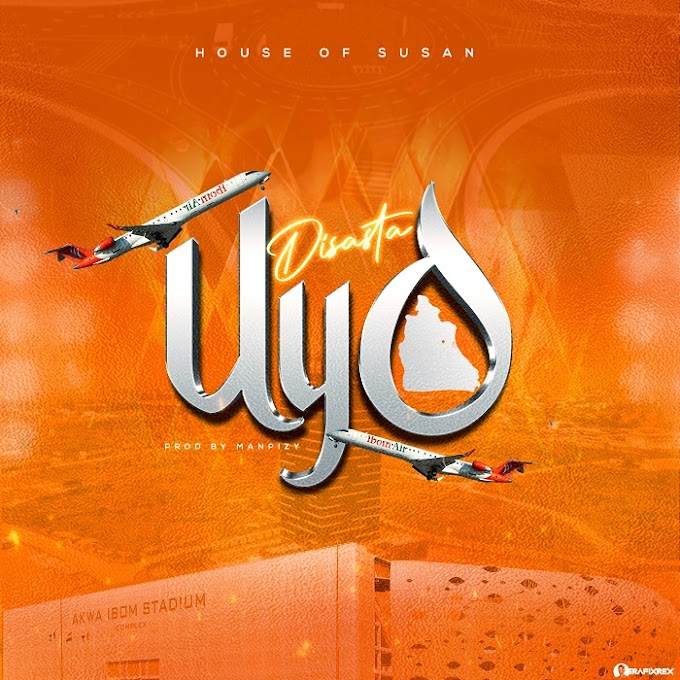Prince Joe Okojie, a former aide to Governor Godwin Obaseki of Edo has said that prioritising and improving agriculture revenue would boost sustainable economic growth.
Okojie, who was the immediate past Special Adviser on Agriculture, Forestry and Food Security told the News Agency of Nigeria (NAN) on Monday in Lagos.
He said that the COVID-19 pandemic presented opportunities that would help restore the glory of agriculture as an economic mainstay in the country and specifically, Edo.
The former aide lauded the proactive steps of Gov. Obaseki towards rejuvenating and improving the agriculture sector of the state.
The Edo Governor, Mr Godwin Obaseki, at the inception of his administration, put agriculture forward as one of his main focus and didn't stop there but took steps to actualise that.
"Over the years, we abandoned our land just because we have crude and everybody gravitated towards playing in the oil and gas sector and forgot our mainstay in the past before the discovery of crude oil.
"However, COVID-19 has taught us a good lesson that we have to look for alternative sources of income.
"During the first wave in 2020, almost all planes were grounded and most economies of the world was shut down and there was no need for crude and that impeded on our income.
"So, if there is any lesson to be learnt is that we have to go back to our mainstay which is agriculture, making sure we are able to produce more to feed ourselves even if we are not thinking of export yet.
"What we saw happened with the endsars protest, where all fall out of the lockdown due to the pandemic, we need to encourage the production of food, there is no better time to drive this message home," he said.
Okojie said that Edo had prioritised revenue diversification and agriculture was playing a major role as the governor had rolled out programmes to sustain it's efforts.
"From the inception of Governor Obaseki's administration, it was put forward that agriculture was going to be one of his main focus and didn't stop there but took steps to actualise that.
"He reclaimed all agriculture land's owned by the government like in Sube, Irua among other places and brought all of them into a land bank and aggregated farmers to be working there.
"You will agree that since we haven't done farming to this extent in a long time, we had to go through a teething process, and people are not too receptive to change, it was new and maybe because government programmes had failed in the past a lot of people didn't take to the idea but we have gone through the learning curve and I believe the governor in his wisdom because he is a visionary governor, is going to continue to support and sustain the programme.
"When he came up with this idea, nobody knew we were going to have this pandemic, thanks to God, in 2020 we were able to majorly consume Edo rice across the three senatorial districts, we were able to take it from production level to staple and that is a landmark achievement," he said.
Okojie added that if the state continued to scale up at the current level in no distant time, Edo would be self-sufficient feeding themselves.
Speaking on how the state has successfully engaged the youth in the programmes of the governor to boost productivity and improve the livelihoods of people of Edo.
"Our primary focus is to draft the youth and women and we are doing a lot in the regard and we have a programme with IFAD primarily targeted at youth and women, we also have Independent Farmers Initiative (IFI) programme that targets youth and women.
"The governor also has a programme for Libyan returnees where they are empowered in the aquaculture sector and some of them are in their second phase of production across the state.
"In all our production, we make it a point like partnering with NIRSAL to provide technical support, with skagric in terms of mechanisation and with a seedling company to make sure that we get the desired results.
"We are always looking for ways to partner the private sector, as we speak we are producing about 1,500 hectares of cassava which H2A Foods and Elephant group off-taker for the foreign market, there is no way the private sector can do it alone, what we are doing in Edo requires to a large extent, the collaboration of the private sector and the public sector.
"In our oil palm sub-sector for instance, called the ESUP, we as a government, we are not trying to do business, all we are trying to do is creating an enabling environment for investors to strive.
"The governor took the programme to the CBN where CBN committed to funding up to 75 per cent of the investment required in the first phase and the investment required in the first phase is N91.8 billion and CBN committed to N68.9 billion provided that the would-be investors would demonstrate and show proof that they have 25 per cent equity participation," Okojie state.
The
former aide also hinted that the first phase where 51,000 hectares of
lands will be cultivated has commenced, while 45,000 hectares have been
allocated and the farmers have received their Certificate of Ownership
and by end of February, those investors will start production.
He
also said that Before COVID-19, the governor had taken steps to open up
farm access roads and farm areas to ensure easy access from farm to
market so as to mitigate post-harvest loses, which also opened up the
logistics chain of agriculture as companies ventured into the chain of
business.








![MATA2023: Vote Arc. Elijah Anayagher- Ayenges Man [MP3 DOWNLOAD]](https://blogger.googleusercontent.com/img/b/R29vZ2xl/AVvXsEi-nRZqOxqMlkV7AgdcHAFAyH1MxFPy-qbScfVh_71Z0smf9khZfqS14YznQ3RAq7QEyYVta1beU8jmsnAEICQAy583gdBh-IcDvg97b7VHNYffFkMgFYLZLQcVDNTk2h2jPlnL2Vw6gti2/w680/1677498226317999-0.png)




![[AUDIO] Bone Guy - Asembe feat. JQ x HMan (@prod.by-ModernMix) - snazzy](https://blogger.googleusercontent.com/img/b/R29vZ2xl/AVvXsEj05ShMOhyphenhyphenVY0HJKYsIF074MtwD7bzNJkWwQ_tIQdIketXHPNmy6JCTO4mSyCR8PLJGtn0t16Ea707ZtU-62To1Lt7L0AtYgqF4OQwSGrnyTFqIugZcaK_tkBFioqor_nytbLQeuLGf2epM/w680/1641960117308118-0.png)



0 Comments
Feel free to say your view, this site is a free market place of ideas.